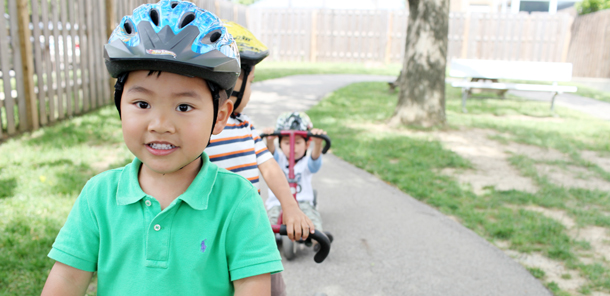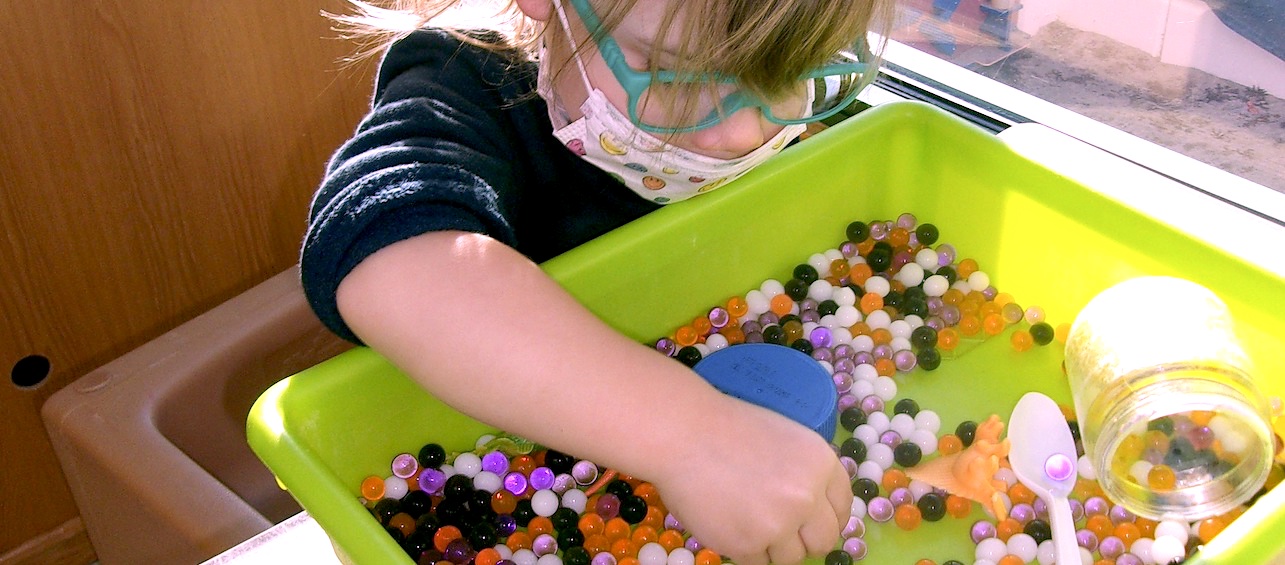As a physician in a pediatric emergency department, one would think that my passion for bicycle helmet safety stems from treating the number of children I see sustaining serious or life-threatening head injuries in the ER. Yes, of course, that is certainly one reason why I am passionate about it. But my drive for enacting bicycle helmet legislation is much more personal than that. I wouldn’t be here, writing this blog post, if I wasn’t wearing a bicycle helmet three years ago.
On October 16, 2010 while on a bicycle ride, I sustained life-threatening injuries when I was struck by a vehicle that failed to yield while making a left turn. I was riding on the correct side of the road, and I was wearing a helmet, but I still suffered multiple orthopedic injuries as well as a severe traumatic brain injury. I was not expected to survive the first night. I spent a total of six weeks in the intensive care unit. Upon awakening from my coma, I was no longer able to move my right arm and suffered expressive aphasia, a condition where I was unable to think of and formulate the words I was trying to communicate. Despite all predictions from the medical team, after four months of intensive rehabilitation and with great support from my family, friends and co-workers, I was able to return to work as a pediatric resident only six months after my accident. I even completed my pediatric residency this past winter, which was only six months after I had originally planned. I am very blessed and fortunate to feel completely recovered and doing as well as I am today.
I cannot stress enough how different my outcome would have been without a helmet. I want parents to understand the importance of helmets for their children. As a pediatrician, I see parents questioning whether they should make their children wear a helmet. They didn’t wear one as a child, and they doubt that their child could have an accident severe enough to cause a significant head injury. I understand that line of thinking, but we know more now than we did back then. We have more statistics. Non-helmeted riders are 14 times more likely to be involved in a fatal crash than helmeted riders. Bicycle helmets reduce the risk of head injury by 85 percent and the risk of brain injury by as much as 88 percent.
I tell my parents and patients that the concern isn’t related to their cycling skills (though this definitely can be a problem in children); the concern is people around them that may not be paying attention. I was an adult, obeying the law, being cautious and still had a severe accident. A child is likely not being as careful and is certainly less visible.
So what can parents do? First of all, wear a helmet yourself. Parents who model wearing helmets increase the likelihood of their children wearing helmets. Second, purchase a helmet that properly fits your child’s head. They typically cost around $10. The below image can help you determine if your child’s helmet fits appropriately.
(image provided by Ohio AAP “Put a Lid on it”)
Third, if you want to take it a step further, talk to your legislative representative about passing a bicycle helmet law. It’s legislation that I feel very strongly about and it could use your support. One study showed that within five years of passage of a state mandatory bicycle helmet law for children ages 13 and under, bicycle-related fatalities decreased by 60 percent. While parents are far and away law-abiding citizens and want nothing but the best for their children, I think having a law in place would help shine a light on the necessity for helmets and would help promote compliance.
While last week was Ohio Bike Helmet Safety Awareness Week, it’s a topic that should be top-of-mind for every parent, every time your child hops on a bike. Wearing a helmet saved my life and statistics show that universal use could save between 135 and 155 deaths, between 39,000 and 45,000 head injuries, and between 18,000 and 55,000 scalp and face injuries annually.
I would like to be a part of that effort and I hope you will join me.







Thrilled to hear that you are doing public health advocacy. It is so important with all of the voices out there for freedom. Freedom can equal huge waste of valuable, human lives. You are doing important work! And congrats on your amazing recovery and graduation from residency. Glad to have you in the EM community.